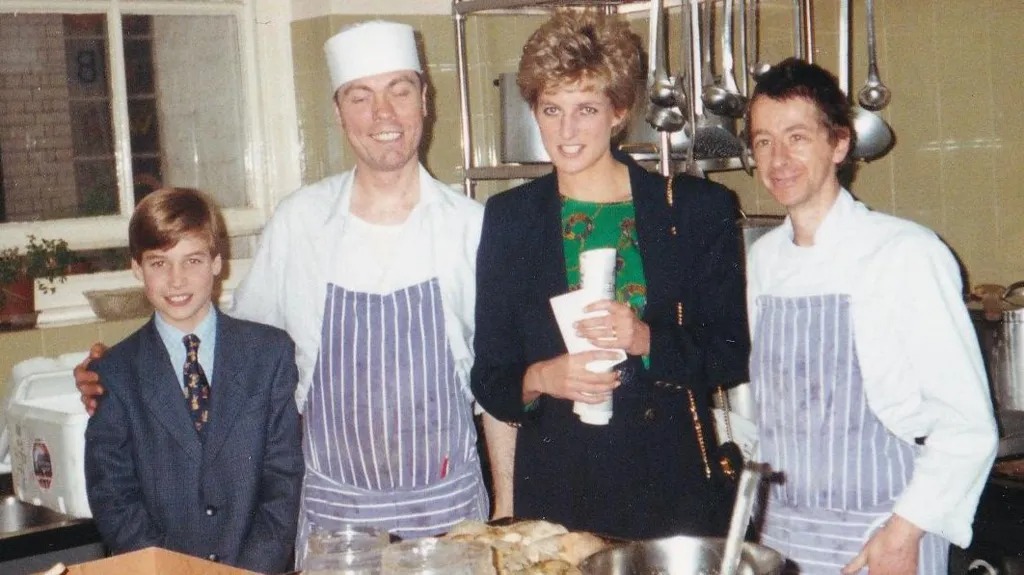As autumn approaches, the Guernsey Society for the Prevention of Cruelty to Animals (GSPCA) is bracing for the upcoming seal pup season, highlighting the unique challenges that lie ahead. With plans to demolish current seal facilities on the Channel Islands to make way for a new Wildlife Hospital, the charity is taking proactive measures to ensure the welfare of seal pups this season.
GSPCA manager Steve Byrne emphasized the importance of triaging any pups that arrive at the shelter. The charity has reached out to the RSPCA in the UK for support, aiming to facilitate the care of these vulnerable animals at wildlife rehabilitation centers.
Reflecting on last year’s record-breaking season, Byrne noted, “It was the busiest we’ve ever experienced in our 151-year history, with numerous seal pups being born along our shores.”
Protecting Seal Pups: Community Awareness Essential
With the arrival of seal pups in the Channel Islands, the GSPCA is committed to ensuring that these young animals receive the best possible start in life. Byrne urges the public to respect the natural habitat of seal pups and their mothers, warning that many casualties occur when mothers are disturbed, forcing them to leave their young too soon.
“If anyone is concerned about a seal pup, we encourage them to seek guidance through our website or by calling our emergency hotline,” Byrne added. This proactive approach aims to minimize human interference and promote the safety of both seal pups and their mothers.
This summer, the GSPCA successfully released three seals back into the wild, adding to the 41 seal pups rehabilitated and returned to local waters over the past 12 years.
Expert Guidance from British Divers Marine Life Rescue
Donna De Gruchy, the regional coordinator for the British Divers Marine Life Rescue (BDMLR) in the Channel Islands, advises the public to leave healthy seal pups undisturbed. “Seal pups spend the first three weeks with their mothers, gaining weight from an initial 15 kg (33 lbs) to around 30 kg (66 lbs). If a pup is well-fed and has a sufficient fat reserve, intervention is unnecessary.”
De Gruchy stresses that the focus should be on orphaned or starving pups that have not received adequate care from their mothers. “We cannot simply stand by; action is required for those in need.”
Plans for Rehabilitation Support
With the new Wildlife Hospital under construction and potential delays in its completion, the BDMLR is exploring nearby options for rehabilitation. They are in discussions with the RSPCA’s Mallydams Wood facility in Hastings, which has agreed to take in seal pups from Jersey. This will likely involve transporting the pups to the UK, with assistance from civil air support and local airlines like Blue Islands.
Both De Gruchy and Byrne emphasize the importance of community cooperation during this sensitive season. They remind the public to avoid touching or handling any seals that may wash ashore. Additionally, pet owners are encouraged to keep dogs on leashes and ensure that children maintain a safe distance, prioritizing safety for both humans and seals.
“Seal pups can be aggressive and possess strong teeth; it’s essential to keep a safe distance to prevent any injuries,” De Gruchy warns.
As the seal pup season approaches, the GSPCA and BDMLR remain committed to the care and protection of these marine mammals, striving to educate the public and ensure the best outcomes for seal pups in the Channel Islands.




